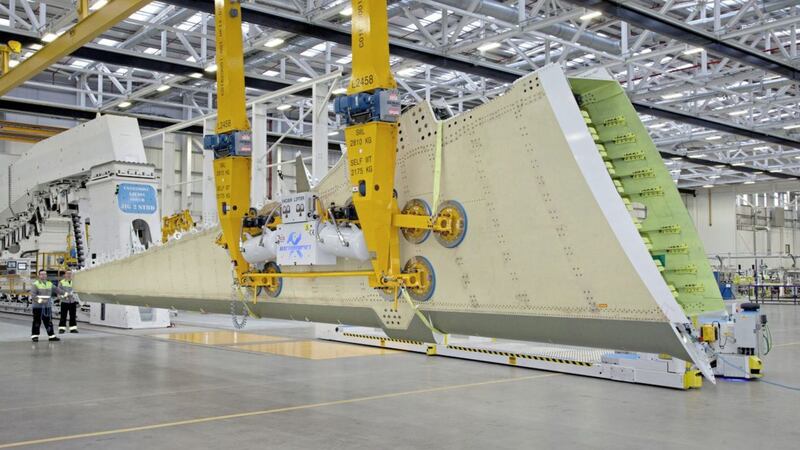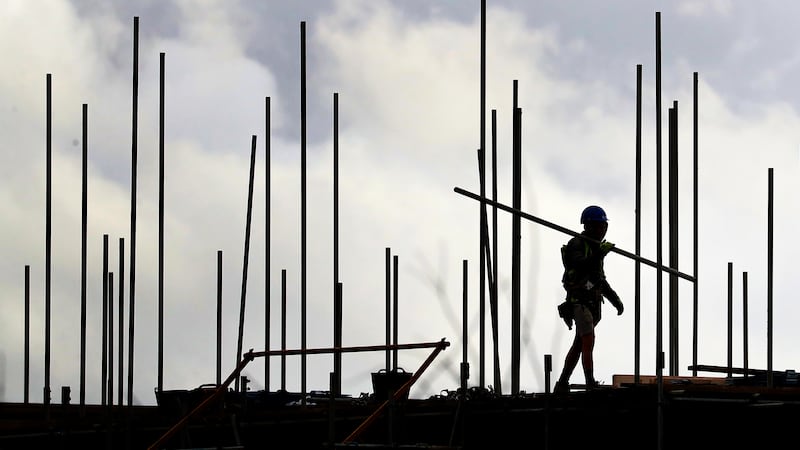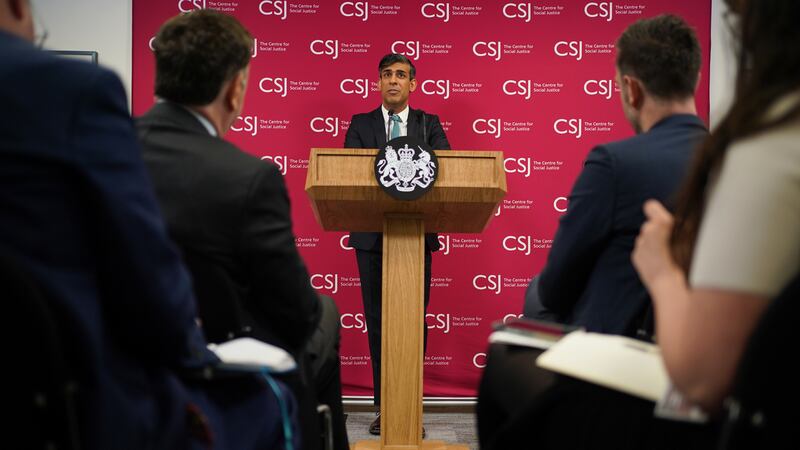THE famous Harland & Wolff cranes, directly across Queen's Island, stand as a permanent reminder to workers clocking on and off at Bombardier that once mighty businesses can ultimately fail.
Twenty years after the shipyard suffered its death by a thousand cuts, there's been a palpable and permanent tension at the Shorts plane-maker.
That's been precipitated by an almost incessant round of redundancy announcements - 220 jobs went in May 2015, a whopping 630 in April 2016, another 280 in October 2017 and 490 last November being among the most severe (I'm not even counting 'just' double-figure pay-offs here).
It was almost comical that rumours circulating at the plant for days about a major announcement from their Canadian parent were confirmed via an ill-placed request on the Sean Coyle radio show wishing staff every good wish under their prospective new owners.
It wasn't the way Bombardier workers, many of them among the most skilled aerospace engineers in the world, should learn of their fate. No wonder they were livid at first.
But for once there is no pending dangling axe over staff. Instead, bosses in Montreal want to sell off the aerostructures business in Belfast as a going concern. And a profitable one at that.
Cutting the umbilical cord from its debt-laden parent could actually present an opportunity for Northern Ireland's most significant manufacturer, one which employs close to 4,000 people and sustains another 10,000 via its supply chain.
Bombardier insists it is committed to finding the "right buyer", one that will operate responsibly and help Belfast achieve its full growth potential.
It stresses there are "no new workforce announcements" as a result of yesterday's decision, and management will continue to drive ongoing transformation initiatives to improve productivity, increase competitiveness, and give more weight to its unique value proposition to potential buyers.
Ironically, that horrendous spate of redundancies in the last four years, and the now-specialised and focussed nature of its operations, has turned Shorts into a lean mean machine, pivotal to Bombardier's global operations. Indeed the Canadian manufacturer simply can't operate in its current markets without Belfast.
That makes the local operation a hugely lucrative proposition, and Bombardier Belfast certainly won't be short on suitors, whether that's from existing aviation players like Boeing or Airbus, or newcomers in emerging markets in China.
The Unite union says it doesn't give a jot who's name is eventually over the door, so long as there is security of employment and the company isn't broken up.
"By hook or by crook we will play a role in watching who is putting their name forward," Unite's regional coordinating officer Susan Fitzgerald told a press conference.
She added: "We will be closely watching, and if we see rogue elements and people looking to come in and asset-strip or take a blade to this workforce, we will cause hell."
No price tag has yet been put on Bombardier Belfast, but it'll be only for the seriously deep-pocketed. Think a minimum £1 billion as a starting point.
Since it was privatised in 1989, the company has been the most granted-aided business in Northern Ireland, and the £500 million in tax-payer monies it has benefitted from even eclipses the hand-outs to De Lorean.
But unlike the ill-fated car-maker, Bombardier has been a key beneficiary to the wider northern economy, pumping literally billions of pounds in salaries into communities and helping sustain hundreds of businesses.
For now, let's view the glass is half full, because with the right investment, Bombardier in Belfast has every opportunity to grow and prosper - and even recruit a new generation of aerospace apprentice.
It's simply unthinkable for the wider economy that it could ever go to the wall or be run into the ground . . .








